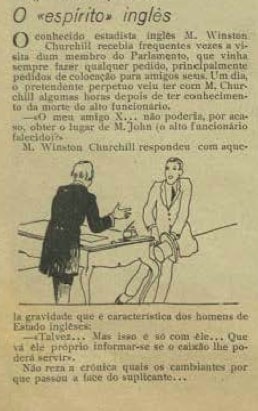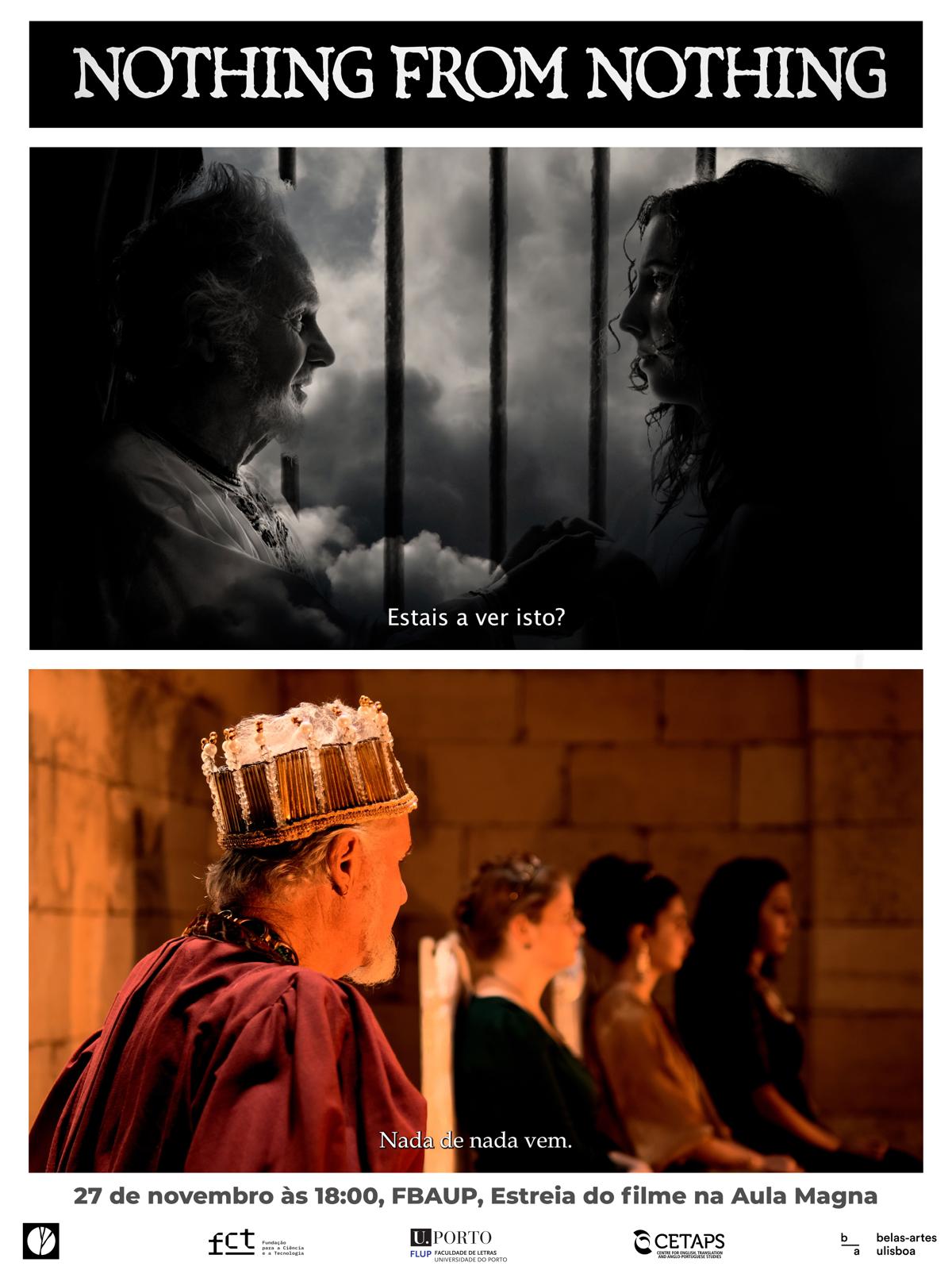Welcome to CETAPS Digital Laboratory Blog
CETAPS Digital Laboratory Blog is an open platform for researchers and practitioners to share their experiences with Digital Humanities. Contribute!
CETAPS Digital Laboratory Blog is an open platform for researchers and practitioners to share their experiences with Digital Humanities. Contribute!





